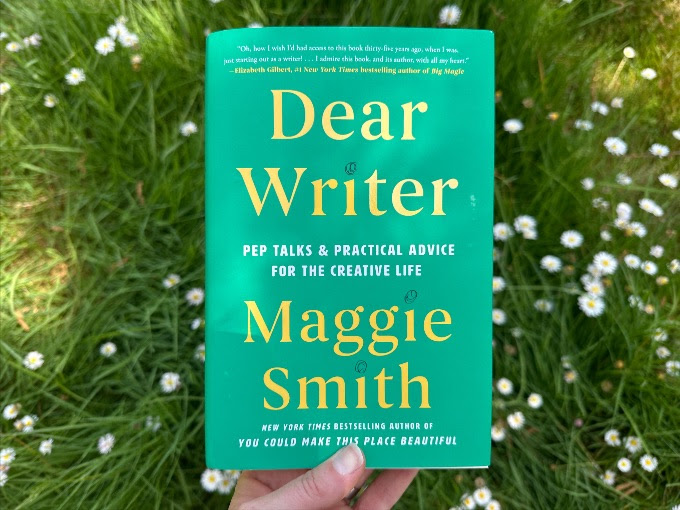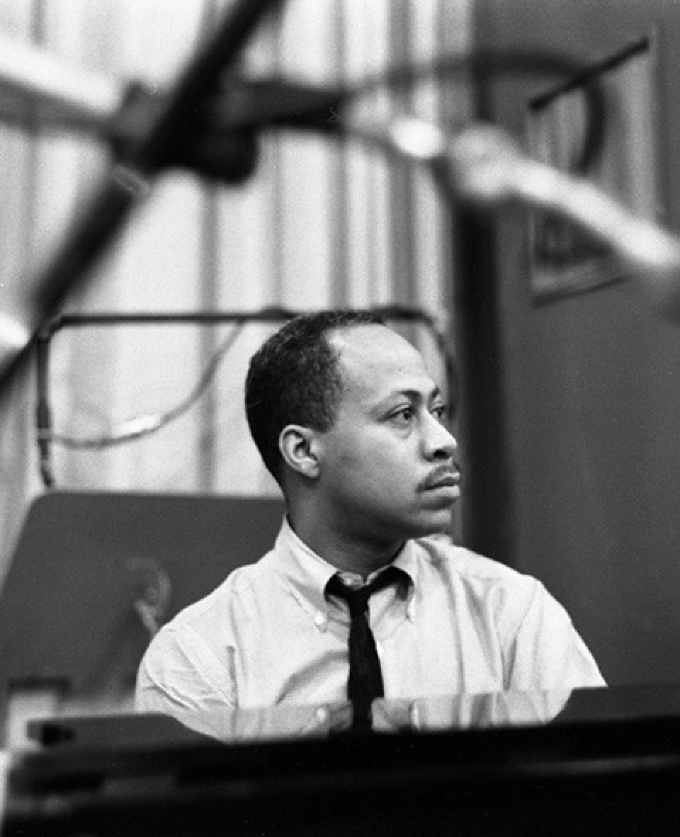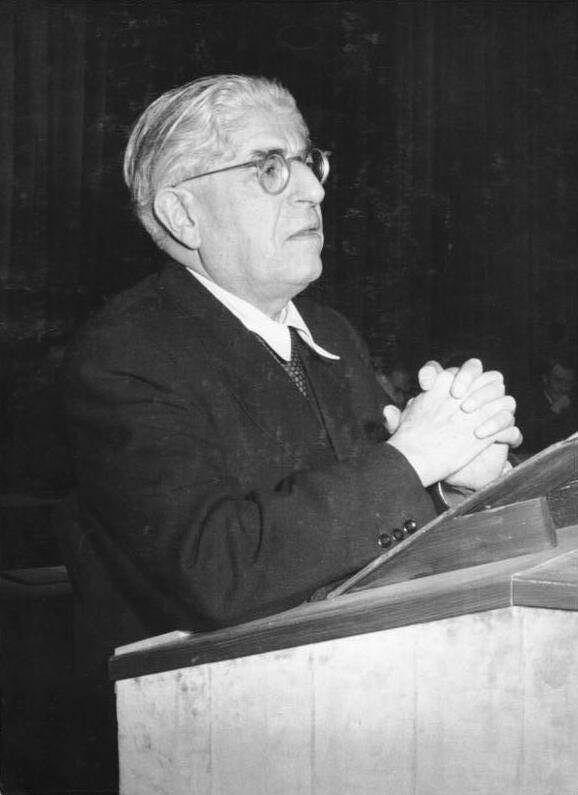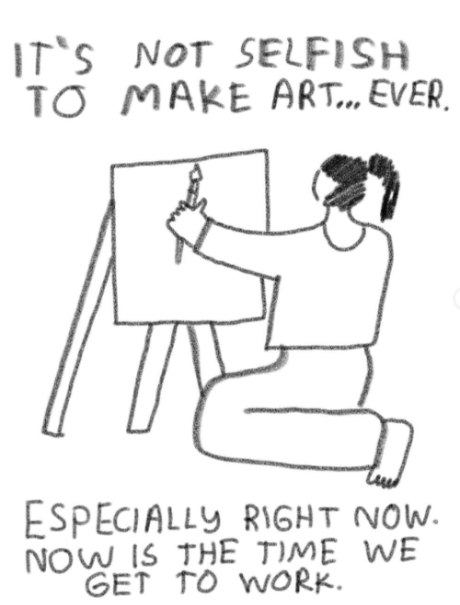July 12, 2024
Learning
Social scientists have proven that religious or spiritual beliefs and practices improve people’s health and well-being; increase social cohesion, empathy and altruistic behavior. It's time for neuroscientists to look, too.
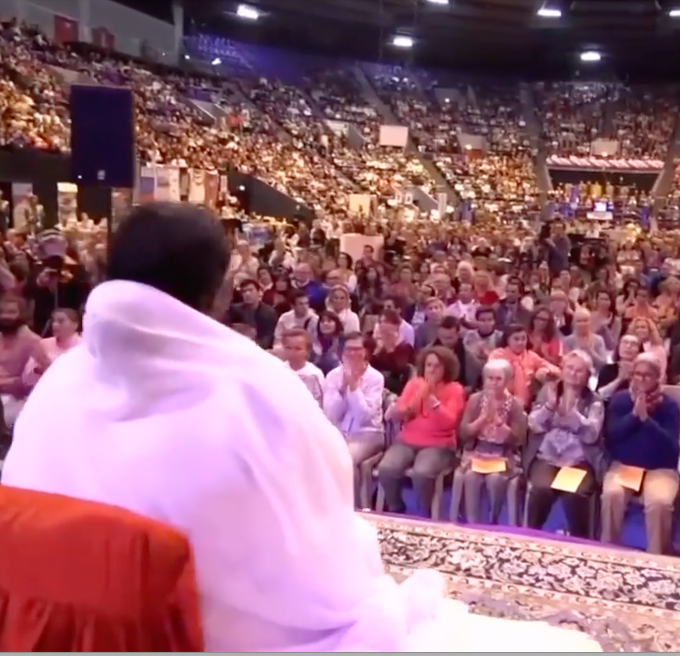
""Sri Mata Amritanandamayi Devi, known as Amma, has dedicated her life to spreading a message of peace, tolerance and compassion. Amma has traveled the world for more than 35 years, inspiring thousands to follow in her path of service to society. Accessible to one and all, she has embraced more than 40 million people worldwide, and inspired a global volunteer-based humanitarian movement to help alleviate the burden of the poor and suffering."" - Amma.org
""Around 85% of the global population identifies as religious. Decades of work in the social sciences have found that religious or spiritual beliefs and practices can improve people’s health and well-being; increase social cohesion, empathy and altruistic behavior; and protect people against cognitive decline or substance abuse. But also, throughout history, religion and spirituality have amplified conflict, polarization and oppression.
""Despite the manifest importance of faith as an influencer of human behavior, neuroscientists have tended to steer clear of studying how people’s beliefs affect their brains and vice versa. This includes investigation of the effects of beliefs in supernatural agents or miracles, practices around worship or prayer and participation in rituals.
""Such avoidance probably stems in part from centuries of powerful religious institutions resisting scrutiny and interrogation. But researchers and funders are also fearful that any investigation of religiosity or spirituality could be seen either as promoting a particular religion, or as flat-out unscientific.
""In 2021, researchers at the Public Health, Religion, and Spirituality Network searched the records of more than 2.5 million project proposals submitted to the US National Institutes of Health since 1985. They noted that spirituality-related terms appeared in only 0.05% of abstracts and 0.006% of titles, whereas religion-related words appeared in 0.09% of abstracts and 0.009% of titles.
""To better understand the human brain — as well as religiosity and spirituality and their effects on human life — this needs to change. We call on scholars from diverse disciplines to help establish a rigorous field: the neuroscience of religion. Our goal is not to debunk or promote religion or spirituality, but to understand the neural mechanisms underlying their effects."" - Patrick McNamara, William Newsome, Brie Linkenhoker & Jordan Grafman
Article: Neuroscientists Must Not Be Afraid to Study Religion
Spirituality
